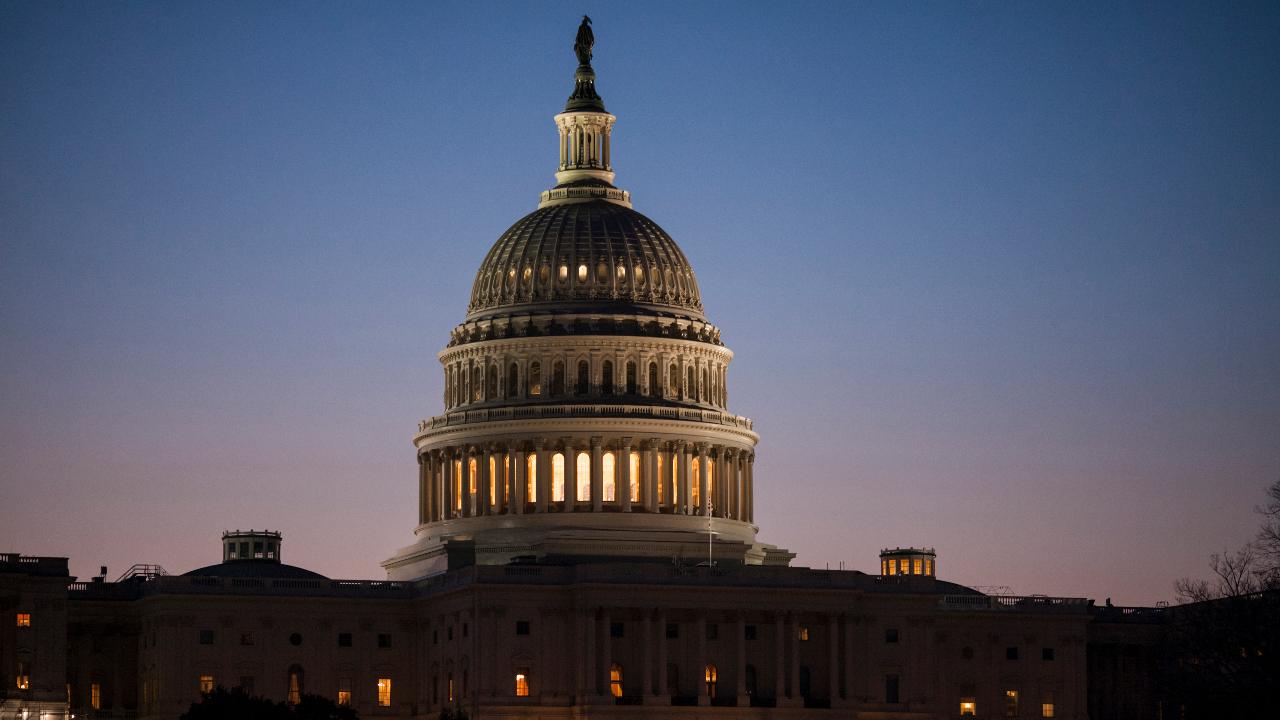Medicaid scores big in Utah, Idaho, Nebraska voting
On Tuesday, in politically fraught midterm elections across the country that reshaped the House and Senate, three traditionally red states voted to expand their Medicaid programs, expanding coverage to an estimated 325,000 low-income Americans.
Voters in Nebraska, Idaho and Utah passed ballot initiatives that will broaden coverage of the federal and state health insurance program, a provision of the Affordable Care Act, to all residents whose income is less than 133 percent of the poverty line (that’s roughly $16,000 for one person, or about $32,700 for a family of four).
In Idaho, a surge of voters passed Proposition 2, with 61 percent in favor and 39 percent who voted no, of the initiative that increased Medicaid coverage to people under age 65 whose income is 133 percent of the federal poverty level, or less.
An almost-identical initiative in Utah -- Proposition 2 -- passed on a slightly more narrow margin, with 54 percent in favor and 45 percent against. Similarly, in Nebraska, voters narrowly passed the Medicaid expansion, with 53 percent in favor and 46 percent against. (In both Utah and Nebraska, people whose income is below 138 percent of the federal poverty line are now qualified for Medicaid).
During a press conference on Tuesday night, House Minority Leader Nancy Pelosi, D-Calif., celebrated Democrats flipping the House of Representatives, after multiple media outlets projected they had secured control by winning red seats across the country.
"Today is more than about Democrats and Republicans. It's about restoring the Constitution and checks and balances to the Trump administration,” she said. “It's about stopping the GOP and [Senate Majority Leader] Mitch McConnell's assault on Medicare, Medicaid, affordable health care and millions of Americans living with pre-existing medical conditions.”
Ahead of the elections, more than 70 percent of voters said health care was “very important” when deciding which candidates to cast their ballot for this midterm cycle, according to a poll from the Kaiser Family Foundation.
Although President Trump campaigned in 2016 on repealing the Obama-era Affordable Care Act, Republicans have yet to fulfill that promise. (Congress did, however, gut part of the act by removing the individual mandate, which required Americans to either get health insurance or face a financial penalty).
Not every state’s electorate seemed keen to expand Medicaid, however. In Montana, voters appear to be rejecting an initiative that would continue their expansion of Medicaid eligibility that’s tethered to a tobacco-product tax hike. With 83 percent of the vote in, an estimated 54.7 percent have voted against it, compared to 45.3 percent who are in favor, according to The New York Times. If it fails to pass, the current Medicaid expansion in the state will expire in 2019.
To fight the ballot measure -- which would impose an additional $2 per pack tax on cigarettes, if passed -- big tobacco spent more than $17 million on the election, according to NPR. Most of that money stemmed from cigarette-maker Altria.
Healthcare stocks rallied on Wednesday, leading the S&P 500, amid investor relief that a gridlocked Congress will be unable to push through restrictive regulations.




















